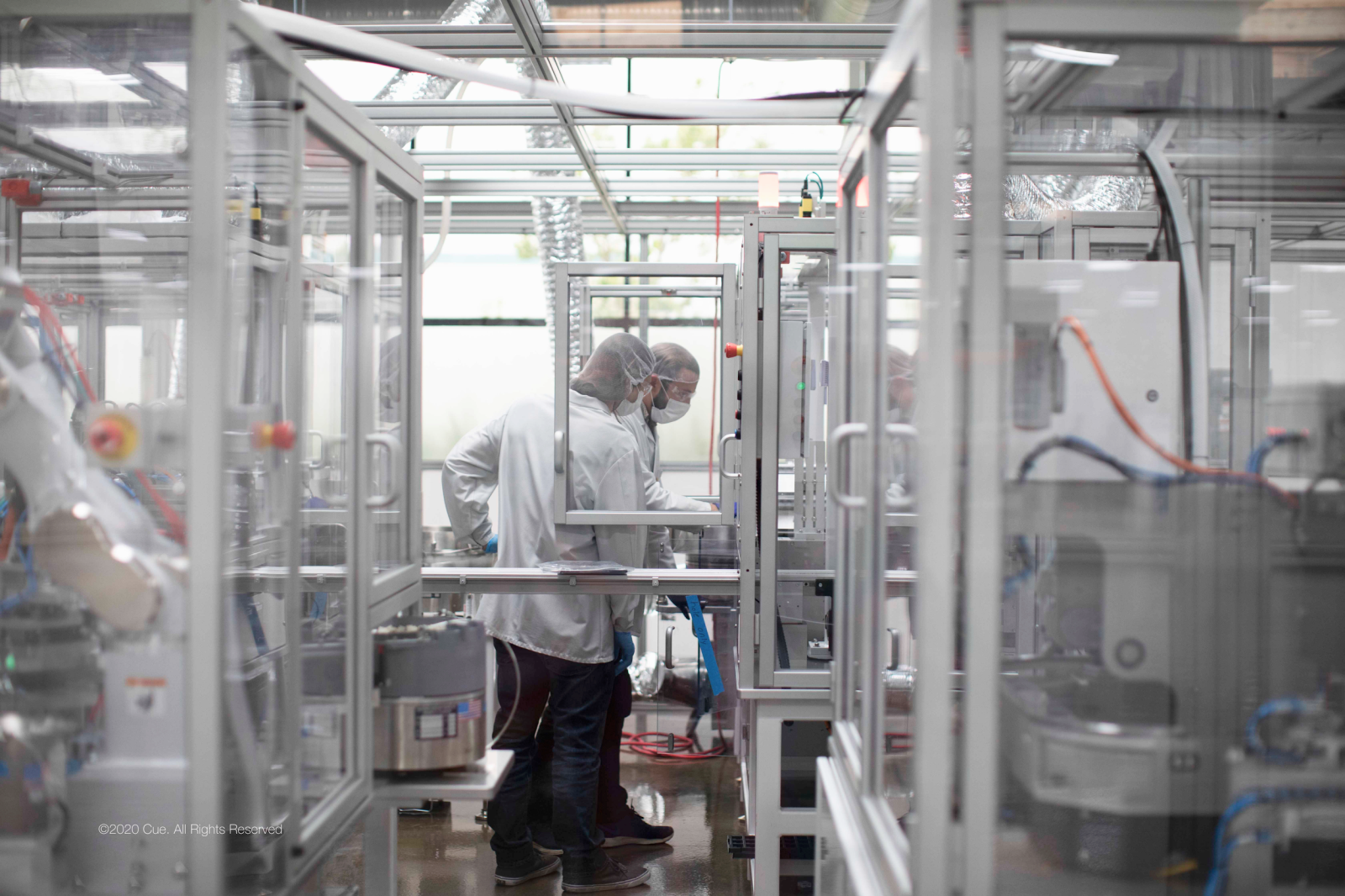I ghost-wrote a couple of OpEds for client TOOTRiS, including the one below for the San Diego Union-Tribune.

Lezama is the founder and CEO of TOOTRiS, a tech-based child-care company. She lives in Scripps Ranch.
There’s a lot of buzz lately about how funding will revive our broken child-care system, but nobody is thinking about how we can advance it to the next level.
The current system — which fails families, children and businesses — needs to be completely rebuilt from the ground up. Solving the child-care crisis will take more than simply relying on federal, state and local resources and funding. We must be creative and agile in our approach and leverage existing technology. We need a real-time exchange of all the stakeholders.
We must continue to push our local, state and national leaders to adopt a longer lasting strategy, besides funding alone. They have a critical opportunity to consider what innovative solutions are most effective in supporting providers, children and their families in the short and long term, even after the pandemic is long gone.
We provide this platform for community commentary free of charge. Thank you to all the Union-Tribune subscribers whose support makes our journalism possible. If you are not a subscriber, please consider becoming one today.
Until we have a more robust universal child-care system, working families and early educators will continue to struggle — particularly those in our communities of color. Consider this: Even prior to the pandemic, 60 percent of Californians lived in a child-care desert with limited access to child-care providers, according to the nonprofit California Budget and Policy Center. California has also lost thousands of child-care providers during the pandemic
For many families, high-quality child care is not an option. That’s because there are not enough child-care providers to meet the demand. This particularly affects families of color, families living in rural areas, and children with special needs. We can strengthen our nation’s child-care infrastructure via technology to ensure access to quality care for all families.
It is also extremely difficult for parents who fall into the chasm — they make slightly above poverty levels but don’t qualify for subsidies, and can’t afford child care, and therefore they end up dropping out of the workforce. Just take a look at the millions of mothers who have lost or left their jobs due to child-care burdens caused by the COVID-19 pandemic. Having a modern technology platform for child care is imperative to improve these statistics by supporting parents and their employers with affordable programs for their children and getting women back in the workforce.
As a single mom of color and immigrant, I too struggled with child care during the early part of my career, which prevented me from climbing the ladder as quickly as my male counterparts.
Imagine being a single parent and a new immigrant to this country and trying to navigate the various child-care services available. Fast forward to today, and many parents face the same challenge. A large part of the child-care struggle is understanding what programs are available. On top of that, many child-care resource and referral networks don’t enable parents to access available real-time child-care slots in their regions. These outdated and burdensome programs rely on manual input and phone calls to child-care providers, further causing stress and headaches for parents in desperate need of quality child care.
I sit on the San Diego County Child Care and Development Planning Council and I hear proposal after proposal about how to tackle the issue of supply and demand in our local child-care market. Most of the problems are caused by parents who aren’t aware of where to go or what kind of resources they can tap into. They are completely lost, just like I was when my son was young.
We must remove the red tape in these programs and organizations that have failed our families, providers and children. We need a platform to connect all the existing stakeholders — parents, child-care providers, employers and even subsidy programs. Free access to information in real time can solve the plight parents face over child care, even for temporary slots and drop-ins. Much like the digitization of health-care records, modernizing our child-care system can streamline the process, making real-time access to critical information a reality.
Change can’t happen fast enough. This is an urgent problem. The child-care sector is on the brink of collapse, and unless we step up and solve this with quick action and technology, there will be no real “reset” of the economy. Let’s truly restore our economy by getting parents back to work by providing a resource for them and employers who guarantee safe, reliable and affordable options for child care, all in real time.



